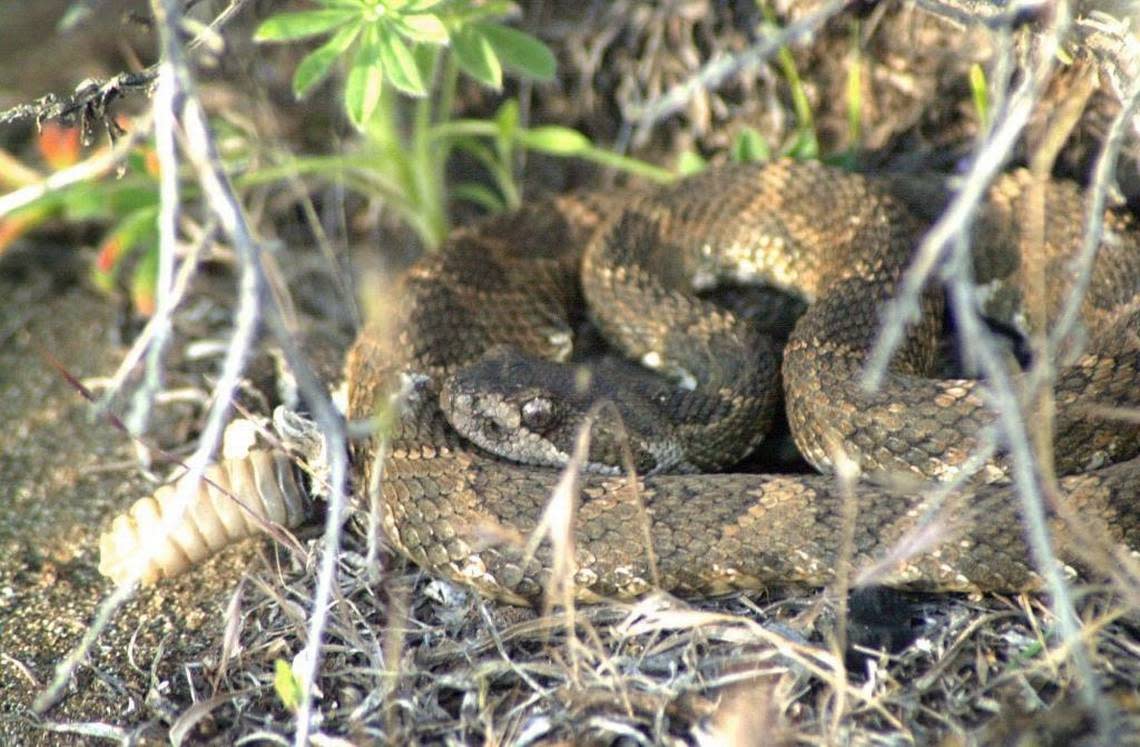3-year-old evacuated from Idaho backcountry after being bitten by a rattlesnake

A 3-year-old was evacuated from the Idaho backcountry by air ambulance after a rattlesnake bit the child on Tuesday afternoon, officials said in a news release.
The Idaho County Sheriff’s Office said it received a call from an emergency beacon device shortly before 3 p.m. The caller reported that the child had been bitten at White House Bar, a sandy beach area along the Salmon River west of Grangeville.
The circumstances surrounding the incident weren’t immediately clear. Sheriff’s office administrator Monica Walker told the Idaho Statesman in an email that the individuals involved might have been on a rafting trip. The area is also popular for camping or day use.
According to the news release, an air ambulance landed at the site around 3:30 p.m. and the child was taken to a hospital. Walker said the sheriff’s office did not have additional information on the child’s condition.
The U.S. Department of Agriculture provides a list of safety precautions to help people avoid rattlesnake bites, and what to do if it happens.
Precautions
Wear over-the-ankle boots, thick socks or loose, long pants whenever hiking. Never wear sandals or go barefoot when hiking through the wilderness.
Stick to well-used trails and avoid walking through long grass, where snakes could be resting or hiding.
Always watch where you are putting your hands and feet, especially if climbing up a rock face.
If a fallen tree is in your path, don’t step directly over it in case a snake is on the other side; step on top first and make sure you won’t be walking into danger.
Don’t turn over logs or rocks unless necessary, and only do so while wearing thick gloves. Also, check stumps before sitting down and shake out sleeping bags before getting inside.
Don’t grab random “sticks” or “branches” when in the water — rattlesnakes can swim.
What to do for a rattlesnake bite
Immediately call dispatch or 911 and stay calm. A higher heart rate will pump the venom through your bloodstream faster.
Wash the bite gently with soap and water if possible, and remove any tight clothing or jewelry around areas that may swell.
Keep the bite below heart level if possible. This will stop the venom from reaching your heart as quickly.
Do not restrict blood flow by applying a tourniquet, or icing the wound. Many of the amputations that come from rattlesnake bites occur because the wound was iced or blood flow was restricted.
Do not try to suck the venom out with your mouth. The venom could possibly enter a cut in your mouth or be swallowed.


